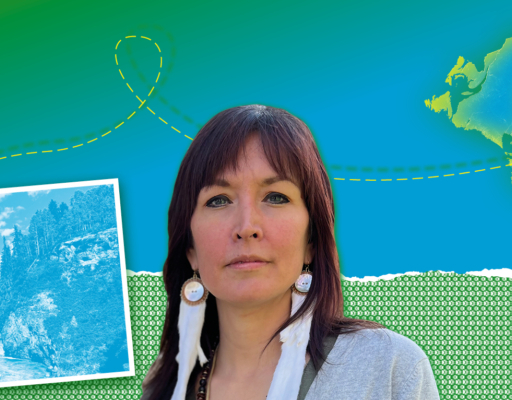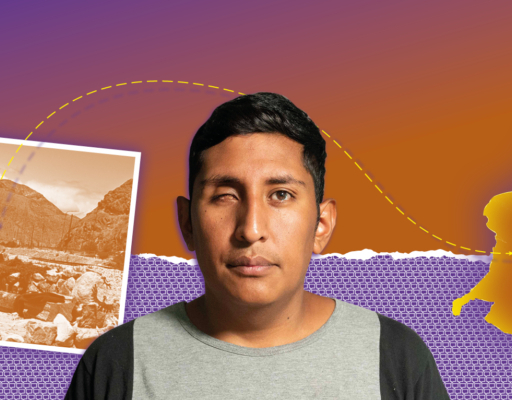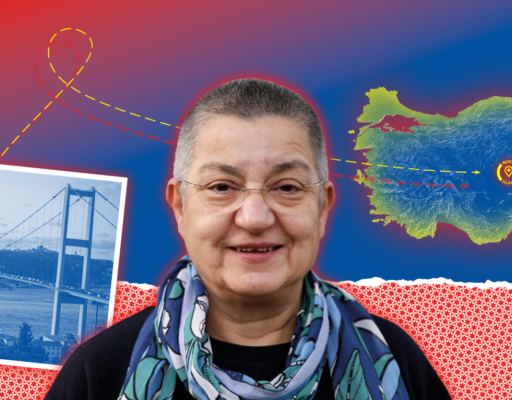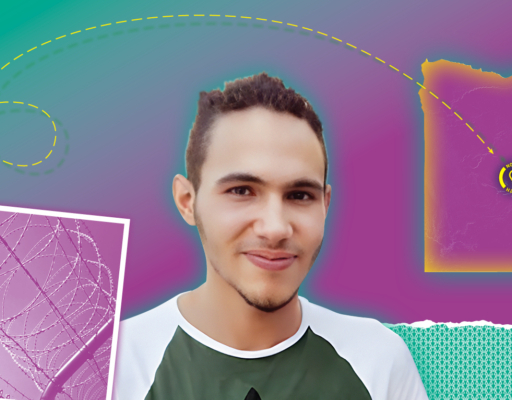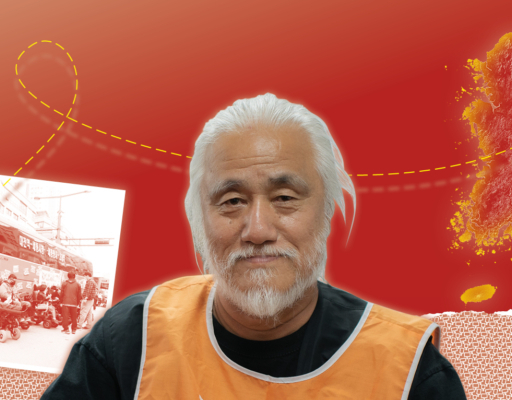This website uses cookies so that we can provide you with the best user experience possible. Cookie information is stored in your browser and performs functions such as recognising you when you return to our website and helping our team to understand which sections of the website you find most interesting and useful.
ISSUES & COUNTRIES
AMNESTY INTERNATIONAL
Amnesty International is a human rights organization and global movement of more than 10 million people in over 150 countries and territories who campaign for human rights. We are independent of any government, political ideology, economic interest or religion and are funded by individuals like you. We believe acting in solidarity and compassion with people everywhere can change our world for the better.
CAMPAIGNS
CANADA
REPORTS & PUBLICATIONS
PRESS RELEASES
- Use of inherently inaccurate weapons to launch unlawful Hezbollah attacks in Israel violates international law
- Alberta Premier Danielle Smith’s notwithstanding clause threat ‘cruel and unnecessary’
- Global Write for Rights campaign targets Canada’s criminalization of Wet’suwet’en land defenders
- Amnesty International investigation concludes Israel is committing genocide against Palestinians in Gaza
- Canadian government’s decision to split Online Harms Act a ‘step in the right direction’
PODCAST
Listen to Rights Back at You
We introduce you to fascinating people who are making change unstoppable. Hear powerful stories of resistance and solidarity and learn more about how you can take action now for human rights. This series connects the dots and passes the mic to people building a better future now. Together, we unravel the Canada you think you know and challenge the systems that hold back human rights.
NEWS












